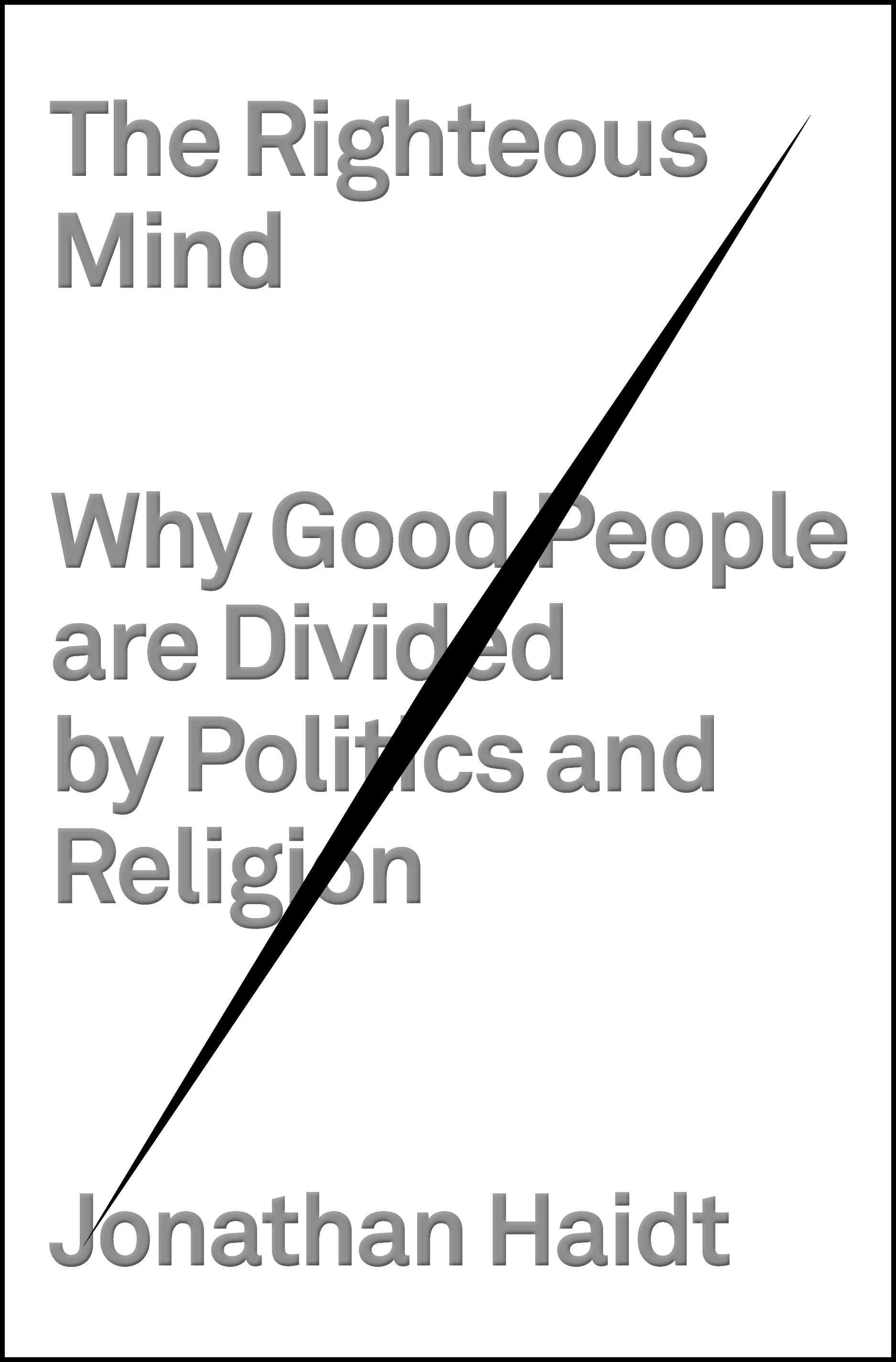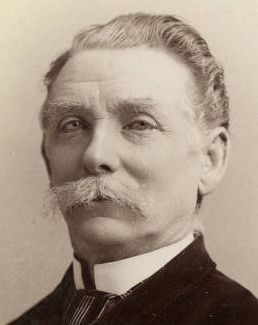-
•
•

read Part I; Part II III. Day of the Dead When I come inside from lighting the jack-o-lanterns, the boys are waiting for me. “When are we going to go?” Sam asks from behind the white sheet of his ghost costume. “Yeah, let’s go,” says pirate Matt, swinging his pumpkin-shaped candy bag. He is eight and Sam is six. None of our older four kids are willing to be seen trick-or-treating with their parents. Matt and Sam would actually be pleased to have both of us tag along, but taking a long stroller ride in the dark is not our preschooler’s… Read More
-
•
•

read Part I II. Blue Boy The kids and I are decorating Christmas gingerbread men when the phone rings. I sigh, knowing that even a few minutes’ interruption could spell disaster in a kitchen full of rowdy kids wielding tubes of frosting. I head toward the phone, snatching the sprinkles away from twelve-year-old Ben, who’s sprinkling them straight into his mouth. My mother’s name shows on the caller ID; I pick up to tell her we’re in the middle of a mess and I’ll call her back. “I need you for just a minute,” she says, and her numb voice… Read More
-
•
•
3 responses

An essay posted in four parts. Originally published in Irreantum as an entry for the 2011 Charlotte and Eugene England Personal Essay Contest. The deadline for the 2012 contest is May 31. I. Descent It’s an hour or so from sunset when we pile into the jeep – me and my roommate Stacey, her friend Dave, his friend Tim, and a couple whose names I can’t remember, who Stacey and I squeeze next to in the back seat. It’s the beginning of my sophomore year at BYU, early September, 1990—a few weeks since I met Reed, the man who becomes… Read More
-
•
•
8 responses
I spend the morning with my children at the cemetery. The high school band played, the mayor placed a wreath at the war memorial, and servicemen, including a veteran of Pearl Harbor, spoke to us. We bought red paper poppies to pin to our shirts. We didn’t talk about Memorial Day in sacrament meeting yesterday. The only mention was that the scouts would be placing flags on lawns. It seems that we should want to remember and honor those who have fought and fallen in our worship services. How many times in the Book of Mormon are the people exhorted… Read More
-
•
•
2 responses
The oft-described poverty and pride cycle in the Book of Mormon means that the peoples in Zarahemla and elsewhere repeatedly have to repent, generally in response to preaching or adversity. The first few chapters of Alma are no exception. In chapters 5-7, Alma preaches repentance, urging them to experience a “mighty change” of heart, and many Church members respond, reforming their lives. Read More
-
•
•
Because Nibley’s Approaching Zion has 18 chapters, the Approaching Zion Project will eventually include at least 19 posts. You can find a link to the full text of Approaching Zion here, and links to all of the installments of the Approaching Zion Project below: Prologue 1. Our Glory or Our Condemnation 2. What Is Zion? A Distant View 3. Zeal Without Knowledge 4. Gifts 5. Deny Not the Gifts of God 6. How Firm a Foundation! What Makes It So 7. How to Get Rich 8. Work We Must, but the Lunch Is Free 9. But What Kind of Work? 10. Funeral Address 11.… Read More
-
•
•
One response
-
•
•
20 responses

A review of The Last Natural: Bryce Harper’s Big Gamble in Sin City and the Greatest Amateur Season Ever by Rob Miech. Thomas Dunne Books/St. Martin’s Press, 2012. 356 p. Review copy courtesy of the publisher. The title ‘The Last Natural‘ packs a lot of meaning and connotation into a few words. While ‘natural’ clearly refers to the inherent talent that Bryce Harper seems to have, there are a few other connotations, at least in baseball. Since Harper arrives at what might be considered the end of the “steroid era,” it could be a kind of pessimistic reference to Harper’s… Read More
-
•
•
14 responses

Psychology has come a long way the last couple of decades. Instead of seeing us coming into the world with a mind like a blank slate, psychologists and cognitive scientists are discovering through cleverly designed empirical research that we are born with a preloaded mental operating system. It predisposes us to see the world like emotional, opinionated, tribal human beings rather than like rational, logical robots. You can get the whole story, with special emphasis on how moral systems and individual moral convictions are formed, in Jonathan Haidt’s new book The Righteous Mind: Why Good People Are Divided by Politics… Read More
-
•
•
15 responses

I recently bought a couple wireless speakers so that I could listen to my music collection away from my computer, without earphones. It turns out that these speakers not only play music off my computer, though: they’ll also allow me to listen to, among other things, podcasts, Pandora, and any number of radio stations, as long as the radio station broadcasts online. Read More
-
•
•
3 responses
I’m more than happy to be turning from the divine attributes to the question of divine love. I wasn’t particularly concerned about whether God possesses the several “omni’s” before beginning this project, and, for all I’ve learned along the path laid out by Ostler’s first volume, I’m no more concerned now than I was before. Of course, I think in the end that Ostler himself would have to say that he shares my sentiments in this regard—at least to some degree. His project as he describes it in the prefaces to the several volumes of Exploring Mormon Thought is one… Read More
-
•
•
56 responses
A brilliant and faithful friend of mine was musing on the pattern typical to new converts in her ward. With her permission: Read More
-
•
•
12 responses
I played with deconstruction a little bit this semester. It probably wasn’t a good idea; I didn’t feel I had a firm grasp on Derrida; his ideas squirmed away from me like slippery little fish. But it seemed like so much fun, like such a powerful tool; how could I resist? It was like fire beckoning, or the primitive call to throw rocks off a cliff, or the closed box full of some unknown something. It was seductive to be sure; that didn’t stop it from being a bad idea. One paper I wrote shortly after attempting to read Derrida… Read More
-
•
•
43 responses
Rachael Givens observes that Mormon theology is full of tragedy, but Mormons themselves don’t seem to be very good at dealing with it. She draws on some of the most distinctive ideas in Mormonism to offer recommendations on how to accept and process tragedy better. I enjoyed her post a lot and offer some thoughts of my own. In part I’ll press on some issues I’m not sure she really resolved, but I also want to expand on what I see in her closing paragraph. Rachael describes tragedy as a situation in which something precious must be lost or given… Read More
-
•
•
3 responses

In the final chapter of Mosiah, King Mosiah and his people face the fundamental political question—what form of government to choose. After Mosiah demonstrates the potential problems with a monarchy, the people choose a more democratic form of government, under the rule of judges. As the first chief judge, Alma then discovers that even democracy faces difficulties. While many early Mormon poems dealt with political issues, the majority were reactions either to the persecutions in Missouri and Illinois or to the enforcement of anti-bigamy laws in Utah. The poem I found for this lesson is an exception to that norm. Read More
-
•
•
3 responses
-
•
•
3 responses
Next Wednesday, May 23rd, SMPT is hosting a mini seminar on B.H. Roberts’ Seventy’s Course in Theology, commemorating the centennial of its publication. Jim Faulconer, Blake Ostler, Kent Robson, and Grant Underwood will each lead a session on topics treated in the Seventy’s Course. The event will be held at Utah Valley University, in the Losee Center, room 243, and will run from 10am to 5pm, with a break for lunch. Please visit the SMPT website for more information, including session titles and links to suggested (optional) readings associated with each session. Read More
-
•
•
43 responses
I live in a small town. We get lots of visitors and they’re all welcome, even the slednecks who take over the town once a year for a weekend of drinking and driving (up the mountain on snow machines). But a group has finally found the limit of a friendly tourist town’s welcome: Christians. Read More
-
•
•
2 responses
The principal event in Mosiah 25-28, which is also beautifully and familiarly described in Alma 36, is Alma the Younger’s miraculous conversion. To capture this, I looked for a literary work in the public domain that expressed either the agony that Alma felt or the ecstasy he obtained after his acceptance of the Lord. Read More
-
•
•
5 responses
-
•
•
12 responses
I sit, waiting for the phone to ring. I haven’t spoken to my parents since December and, though I love what I’m doing, I love them, too. But I’ve been sitting here for almost an hour. I’m not 100% sure of the time zone difference between eastern Brazil and the western United States, but I’m pretty sure they’re late. In this area, none of our members have phones. One of our member’s father has a phone, but, in order to call, I’ve promised that it won’t cost him anything. It’s a party line, something I’d heard about in the U.S.… Read More
-
•
•
12 responses

Mother’s Day is a bit like Christmas time in terms of the mass solicitations sent out from various NGOs. To be honest, these are perhaps the only mass emails that I don’t mind. And I frankly agree with their general point: what better way to wish your own mother a Happy Mother’s Day than by contributing to another mother in her name? Read More
-
•
•
29 responses
Can you remember everyone who has made the news during the past year? Neither can I. As a result, when we get input each December about who should be “Mormon of the Year,” there is, I think, a bias towards recent events. If a Mormon showed up in the news during the last quarter of the year, that person is remembered. But if the person made the news only during the first quarter, no one remembers them. So what should we do? Read More
-
•
•
7 responses
This is the third of four categories explaining why translations differ. 3) How does the translator resolve ambiguities on the word-level? Hebrew writing did not indicate doubled letters (which are significant) or vowels until the 8th/9th century AD*, when Jews who had memorized the pronunciation of the traditional text came up with a system (three, actually) of indicating the pronunciation in the text with marks above, below, and inside the consonantal text. That, again, is a thousand-year gap. Scholars vary in how much weight to give the vowel-pointing (niqqudot, or just “pointing”), but at times, greater sense can be made… Read More
-
•
•
Here is the second of four categorical reasons why translations may differ. 2) How does the translator parse the mechanics (syntax, etc.) and disambiguate the text on the sentence and paragraph level? (NB: This is a very simplified presentation of complex subjects.) Biblical Hebrew is very different from English. Like many other ancient languages, it has no formal punctuation, no capitals, and word order can vary. Consequently, it’s not always easy to figure out if this word belongs to end of this phrase or the beginning of that one. Sometimes it’s hard to tell where one sentence ends and another… Read More
-
•
•
3 responses
Before looking at the two sample passages in detail, I want to familiarize you with some basic information about the Old Testament text and translation issues. And in the last part, I’ll make some suggestions about how to approach the text like this when you haven’t studied Greek or Hebrew. I’ve divided these into four semi-artificial headings, too long to all go in one post. 1) What are they translating from, and (1a) how much is the translation influenced by the versions? Translators must choose a base text from which to translate. Until the discovery of the Dead Sea Scrolls… Read More
-
•
•
39 responses
Krister Stendahl, the noted Swedish theologian who was unusually considerate of the LDS Church, listed “holy envy” as one of his three rules of religious understanding. Let’s see if comparing Mormon talks with Christian sermons doesn’t create for us a bit of holy envy. I think there might be something we can learn from how other Christian denominations preach from the pulpit on Sunday. Read More
-
•
•
21 responses

We’ve come to the last chapter of Blake Ostler’s first volume of Exploring Mormon Thought. After five months of reading and writing about this first book, I’m even more convinced than when we began that Blake’s work is and will continue to be the indisputable starting point for our generation’s work in Mormon philosophical theology. Read More
-
•
•
11 responses
I received the following from an educated friend, and got permission to respond via blogposts. Slightly edited, he asks- >>As someone without training in the original languages, how can I evaluate alternate translations of scripture? Here’s what motivates this question: I’ve been reading Grant Hardy’s Reader’s Edition of the Book of Mormon, which I love. I’ve been working through Nephi’s Isaiah chapters, and, as I started working through 2 Nephi 19/Isaiah 9, I decided it was time to check alternate translations. I have several: a 4-in-1 that includes KJV, New Life Translation (NLT), New International Version (NIV), and New American… Read More
-
•
•
13 responses
One Sunday evening, several months ago, I was playing around on FamilySearch, clicking back through my father, his father, his mother (or something like that), etc. After twists and turns—twists and turns I recorded so that I could get back there again—I discovered that I have ancestors from Jersey.[fn1] No, not that Jersey, the one famous for Bruce and the MTV show. Its namesake, the one in the English Channel. Through my clicking, I learned that my great-great-great-grandmother was born in Jersey in 1838 and died in West Bountiful in 1912. For most, this probably wouldn’t be remarkably meaningful. I didn’t… Read More
